When Shade Isn’t Enough: Climate Change in the Forest Understory
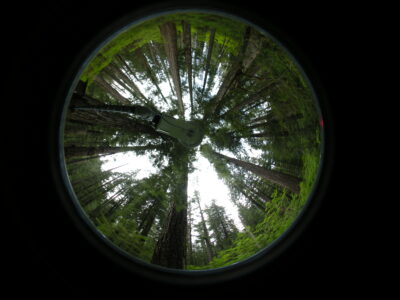
Once thought to be natural refuges, old-growth forests are warming faster than we imagined.

Once thought to be natural refuges, old-growth forests are warming faster than we imagined.

Bonanza Creek was quick to remind me of its true nature: everything about its ecology follows the flame.
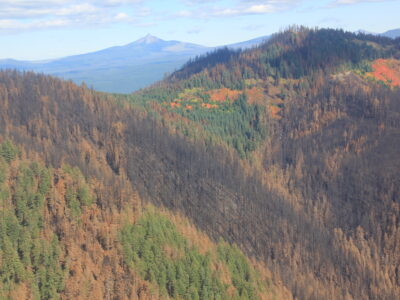
How the Andrews Forest and Moorea Coral Reef LTER sites respond to disturbance highlights the struggle and opportunity that come with an irreparably altered ecosystem.
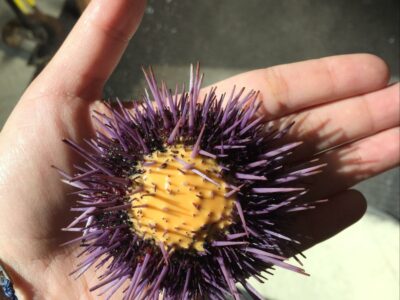
Purple sea urchin embryos whose mothers were exposed to heatwaves have greater tolerance to high temperatures, suggesting a pathway to resilience for this keystone species in kelp forests.
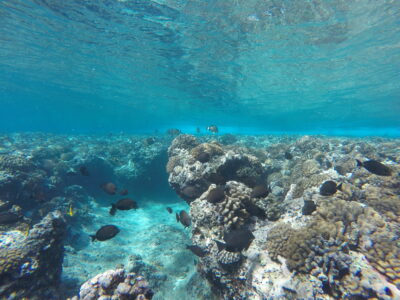
Fish clear space for corals to grow in small scale experiments. But does fish grazing cause reefs to recover faster? A new study says no.
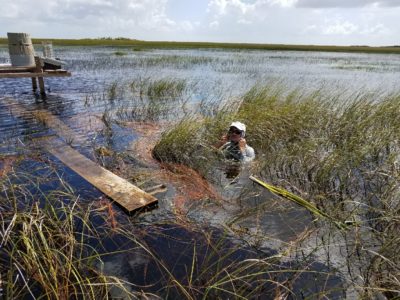
Two separate hurricanes tore through LTER sites this past month—but the Luquillo LTER and Florida Coastal Everglades LTER are mostly intact.
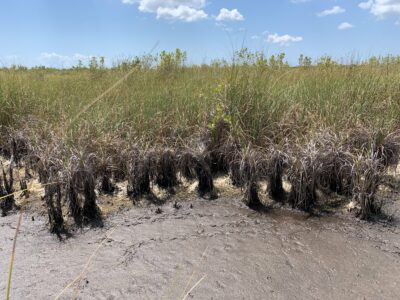
Luke Lamb-Wotton maps sawgrass vulnerability to saltwater intrusion and peat collapse at the FCE LTER site.
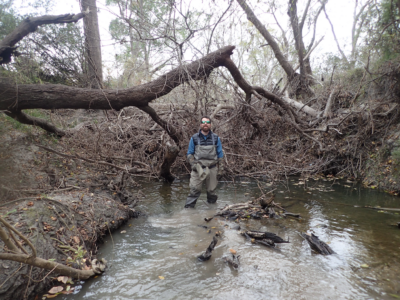
Ecosystems resist devastation from hurricanes by choosing either of two strategies: high resistance or high resilience.
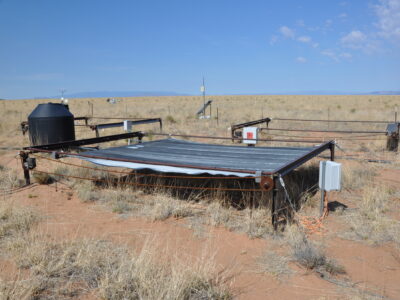
All plants are somehow affected by global change, but their responses are inconsistent between ecosystems, a LTER Synthesis group finds.
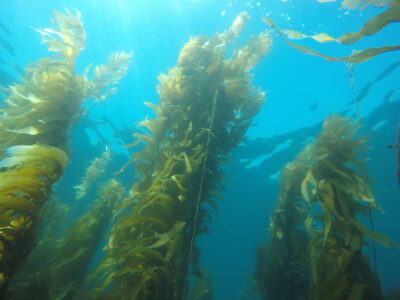
For Southern California reefs and beaches, giant kelp fuels the food web and creates an environment in which biodiversity booms. But the nutritional quality of kelp is lower than it once was, a new study from the Santa Barbara Coastal LTER shows. The culprit? Climate change and warming ocean water, coauthors Dr. Heili Lowman and Kyle Emery find.
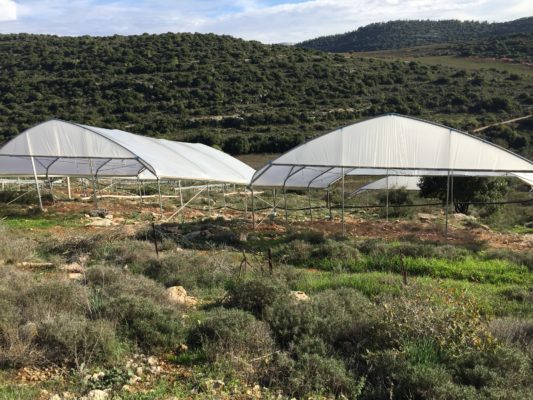 International Drought Experiment" data-envira-gallery-id="site_images_84630" data-envira-index="5" data-envira-item-id="82314" data-envira-src="https://lternet.edu/wp-content/uploads/2020/01/Matta_rainout-533x400.jpeg" data-envira-srcset="https://lternet.edu/wp-content/uploads/2020/01/Matta_rainout-533x400.jpeg 400w, https://lternet.edu/wp-content/uploads/2020/01/Matta_rainout-533x400.jpeg 2x" data-title="Matta_rainout" itemprop="thumbnailUrl" data-no-lazy="1" data-envirabox="site_images_84630" data-automatic-caption="Matta_rainout -
International Drought Experiment" data-envira-gallery-id="site_images_84630" data-envira-index="5" data-envira-item-id="82314" data-envira-src="https://lternet.edu/wp-content/uploads/2020/01/Matta_rainout-533x400.jpeg" data-envira-srcset="https://lternet.edu/wp-content/uploads/2020/01/Matta_rainout-533x400.jpeg 400w, https://lternet.edu/wp-content/uploads/2020/01/Matta_rainout-533x400.jpeg 2x" data-title="Matta_rainout" itemprop="thumbnailUrl" data-no-lazy="1" data-envirabox="site_images_84630" data-automatic-caption="Matta_rainout - Researchers use rainout shelters at the Matta International LTER site in Israel to simulate extended droughts and observe changes in ecosystem productivity and species composition. The Matta site is part of a distributed network of over 100 sites across the globe inspired by long term experiments of the U.S. LTER Network. Similar structures without plastic panels serve as controls. Image courtesy of International Drought Experiment
" data-envira-height="225" data-envira-width="300" />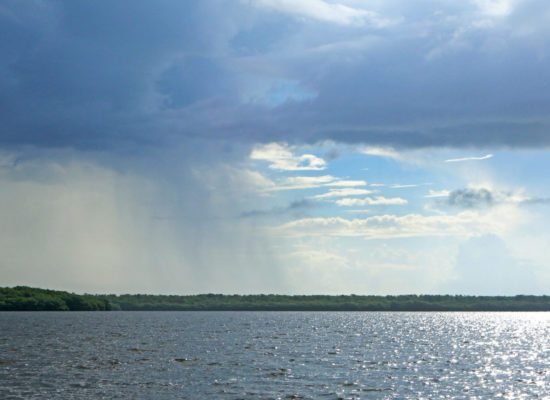 E Zambello/LTER Network Office CC BY 4.0" data-envira-gallery-id="site_images_84630" data-envira-index="6" data-envira-item-id="82145" data-envira-src="https://lternet.edu/wp-content/uploads/2019/11/Everglades-National-Park-scaled-e1574660761311-550x400.jpg" data-envira-srcset="https://lternet.edu/wp-content/uploads/2019/11/Everglades-National-Park-scaled-e1574660761311-550x400.jpg 400w, https://lternet.edu/wp-content/uploads/2019/11/Everglades-National-Park-scaled-e1574660761311-550x400.jpg 2x" data-title="Everglades National Park" itemprop="thumbnailUrl" data-no-lazy="1" data-envirabox="site_images_84630" data-automatic-caption="Everglades National Park - E Zambello/LTER Network Office CC BY 4.0" data-envira-height="218" data-envira-width="300" />
E Zambello/LTER Network Office CC BY 4.0" data-envira-gallery-id="site_images_84630" data-envira-index="6" data-envira-item-id="82145" data-envira-src="https://lternet.edu/wp-content/uploads/2019/11/Everglades-National-Park-scaled-e1574660761311-550x400.jpg" data-envira-srcset="https://lternet.edu/wp-content/uploads/2019/11/Everglades-National-Park-scaled-e1574660761311-550x400.jpg 400w, https://lternet.edu/wp-content/uploads/2019/11/Everglades-National-Park-scaled-e1574660761311-550x400.jpg 2x" data-title="Everglades National Park" itemprop="thumbnailUrl" data-no-lazy="1" data-envirabox="site_images_84630" data-automatic-caption="Everglades National Park - E Zambello/LTER Network Office CC BY 4.0" data-envira-height="218" data-envira-width="300" />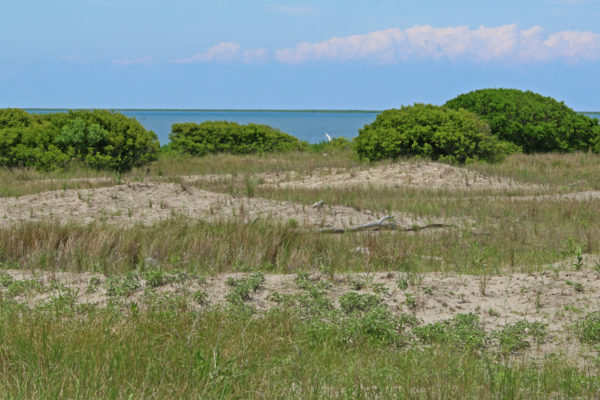 E Zambello/LTER-NCO CC BY 4.0" data-envira-gallery-id="site_images_84630" data-envira-index="16" data-envira-item-id="80811" data-envira-src="https://lternet.edu/wp-content/uploads/2019/01/Barrier-island-shrubs-600x400.jpg" data-envira-srcset="https://lternet.edu/wp-content/uploads/2019/01/Barrier-island-shrubs-600x400.jpg 400w, https://lternet.edu/wp-content/uploads/2019/01/Barrier-island-shrubs-600x400.jpg 2x" data-title="Barrier island shrubs" itemprop="thumbnailUrl" data-no-lazy="1" data-envirabox="site_images_84630" data-automatic-caption="Barrier island shrubs -
E Zambello/LTER-NCO CC BY 4.0" data-envira-gallery-id="site_images_84630" data-envira-index="16" data-envira-item-id="80811" data-envira-src="https://lternet.edu/wp-content/uploads/2019/01/Barrier-island-shrubs-600x400.jpg" data-envira-srcset="https://lternet.edu/wp-content/uploads/2019/01/Barrier-island-shrubs-600x400.jpg 400w, https://lternet.edu/wp-content/uploads/2019/01/Barrier-island-shrubs-600x400.jpg 2x" data-title="Barrier island shrubs" itemprop="thumbnailUrl" data-no-lazy="1" data-envirabox="site_images_84630" data-automatic-caption="Barrier island shrubs - Sand dunes giving way to taller shrubs that have rapidly expanded on these barrier islands thanks to a warming climate. The shrubs are increasing erosion and changing food-web dynamics across the Virginia coastline. E Zambello/LTER-NCO CC BY 4.0
" data-envira-height="188" data-envira-width="300" />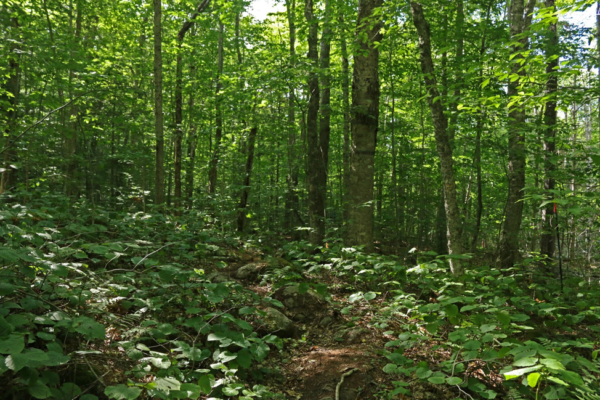 E Zambello/LTER-NCO CC BY 4.0" data-envira-gallery-id="site_images_84630" data-envira-index="17" data-envira-item-id="80711" data-envira-src="https://lternet.edu/wp-content/uploads/2019/01/HB-droughtnet1-600x400.png" data-envira-srcset="https://lternet.edu/wp-content/uploads/2019/01/HB-droughtnet1-600x400.png 400w, https://lternet.edu/wp-content/uploads/2019/01/HB-droughtnet1-600x400.png 2x" data-title="HB droughtnet1" itemprop="thumbnailUrl" data-no-lazy="1" data-envirabox="site_images_84630" data-automatic-caption="HB droughtnet1 - A northern temperate forest on a summer afternoon. E Zambello/LTER-NCO CC BY 4.0" data-envira-height="200" data-envira-width="300" />
E Zambello/LTER-NCO CC BY 4.0" data-envira-gallery-id="site_images_84630" data-envira-index="17" data-envira-item-id="80711" data-envira-src="https://lternet.edu/wp-content/uploads/2019/01/HB-droughtnet1-600x400.png" data-envira-srcset="https://lternet.edu/wp-content/uploads/2019/01/HB-droughtnet1-600x400.png 400w, https://lternet.edu/wp-content/uploads/2019/01/HB-droughtnet1-600x400.png 2x" data-title="HB droughtnet1" itemprop="thumbnailUrl" data-no-lazy="1" data-envirabox="site_images_84630" data-automatic-caption="HB droughtnet1 - A northern temperate forest on a summer afternoon. E Zambello/LTER-NCO CC BY 4.0" data-envira-height="200" data-envira-width="300" />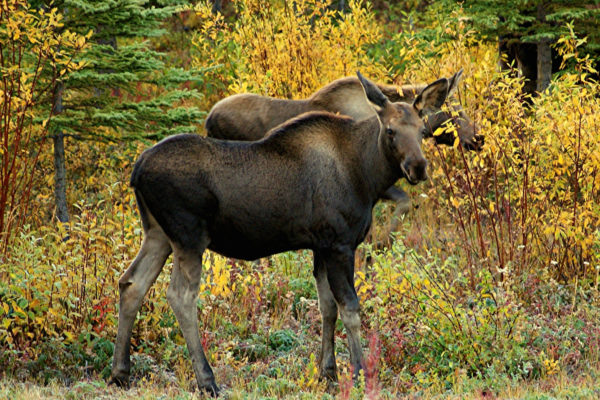 JLS Photography Alaska via Flickr CC BY-NC-ND 2.0" data-envira-gallery-id="site_images_84630" data-envira-index="19" data-envira-item-id="80191" data-envira-src="https://lternet.edu/wp-content/uploads/2018/11/9094565976_da2f481fc3_k-600x400.jpg" data-envira-srcset="https://lternet.edu/wp-content/uploads/2018/11/9094565976_da2f481fc3_k-600x400.jpg 400w, https://lternet.edu/wp-content/uploads/2018/11/9094565976_da2f481fc3_k-600x400.jpg 2x" data-title="JLS Photography_Alaska moose" itemprop="thumbnailUrl" data-no-lazy="1" data-envirabox="site_images_84630" data-automatic-caption="JLS Photography_Alaska moose -
JLS Photography Alaska via Flickr CC BY-NC-ND 2.0" data-envira-gallery-id="site_images_84630" data-envira-index="19" data-envira-item-id="80191" data-envira-src="https://lternet.edu/wp-content/uploads/2018/11/9094565976_da2f481fc3_k-600x400.jpg" data-envira-srcset="https://lternet.edu/wp-content/uploads/2018/11/9094565976_da2f481fc3_k-600x400.jpg 400w, https://lternet.edu/wp-content/uploads/2018/11/9094565976_da2f481fc3_k-600x400.jpg 2x" data-title="JLS Photography_Alaska moose" itemprop="thumbnailUrl" data-no-lazy="1" data-envirabox="site_images_84630" data-automatic-caption="JLS Photography_Alaska moose - One management goal in the Boreal forests of Alaska is to maintain habitat diversity to support wildlife, such as the mother and baby moose pictured here. JLS Photography Alaska via Flickr CC BY-NC-ND 2.0
" data-envira-height="241" data-envira-width="300" />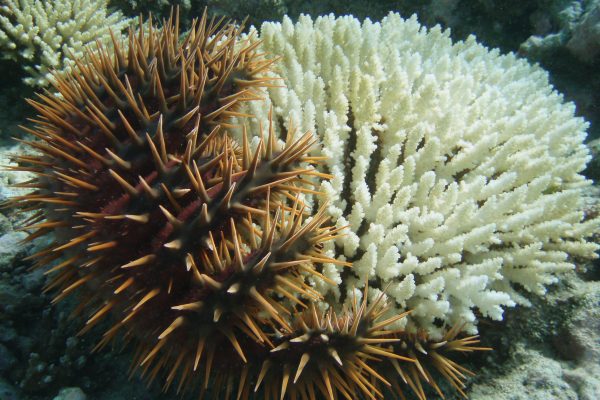 CC BY-SA 4.0" data-envira-gallery-id="site_images_84630" data-envira-index="30" data-envira-item-id="46180" data-envira-src="https://lternet.edu/wp-content/uploads/2017/11/P7193263-copy-600x400.jpg" data-envira-srcset="https://lternet.edu/wp-content/uploads/2017/11/P7193263-copy-600x400.jpg 400w, https://lternet.edu/wp-content/uploads/2017/11/P7193263-copy-600x400.jpg 2x" data-title="Crown-of-thorns Sea Star" itemprop="thumbnailUrl" data-no-lazy="1" data-envirabox="site_images_84630" data-automatic-caption="Crown-of-thorns Sea Star -
CC BY-SA 4.0" data-envira-gallery-id="site_images_84630" data-envira-index="30" data-envira-item-id="46180" data-envira-src="https://lternet.edu/wp-content/uploads/2017/11/P7193263-copy-600x400.jpg" data-envira-srcset="https://lternet.edu/wp-content/uploads/2017/11/P7193263-copy-600x400.jpg 400w, https://lternet.edu/wp-content/uploads/2017/11/P7193263-copy-600x400.jpg 2x" data-title="Crown-of-thorns Sea Star" itemprop="thumbnailUrl" data-no-lazy="1" data-envirabox="site_images_84630" data-automatic-caption="Crown-of-thorns Sea Star - A Crown_of-thorns seastar or COTS (Acanthaster planci) feeding on a coral colony. MCR LTER. CC BY-SA 4.0
" data-envira-height="201" data-envira-width="300" />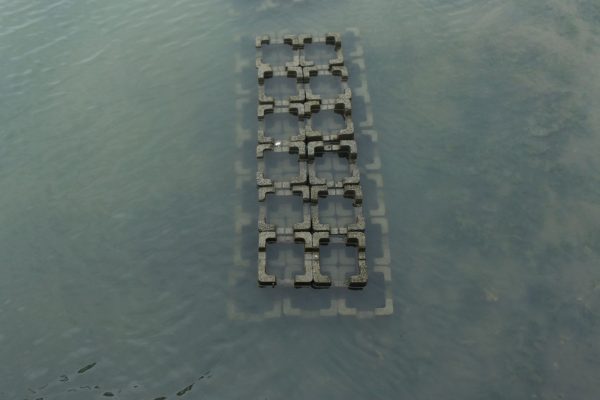 Erika Zambello/LTER NCO. CC BY-SA 4.0." data-envira-gallery-id="site_images_84630" data-envira-index="31" data-envira-item-id="46166" data-envira-src="https://lternet.edu/wp-content/uploads/2017/11/vcr-2-600x400.jpg" data-envira-srcset="https://lternet.edu/wp-content/uploads/2017/11/vcr-2-600x400.jpg 400w, https://lternet.edu/wp-content/uploads/2017/11/vcr-2-600x400.jpg 2x" data-title="vcr-cement-blocks" itemprop="thumbnailUrl" data-no-lazy="1" data-envirabox="site_images_84630" data-automatic-caption="vcr-cement-blocks - Submerged cement blocks rest below the sea level. Erika Zambello/LTER NCO. CC BY-SA 4.0." data-envira-height="200" data-envira-width="300" />
Erika Zambello/LTER NCO. CC BY-SA 4.0." data-envira-gallery-id="site_images_84630" data-envira-index="31" data-envira-item-id="46166" data-envira-src="https://lternet.edu/wp-content/uploads/2017/11/vcr-2-600x400.jpg" data-envira-srcset="https://lternet.edu/wp-content/uploads/2017/11/vcr-2-600x400.jpg 400w, https://lternet.edu/wp-content/uploads/2017/11/vcr-2-600x400.jpg 2x" data-title="vcr-cement-blocks" itemprop="thumbnailUrl" data-no-lazy="1" data-envirabox="site_images_84630" data-automatic-caption="vcr-cement-blocks - Submerged cement blocks rest below the sea level. Erika Zambello/LTER NCO. CC BY-SA 4.0." data-envira-height="200" data-envira-width="300" />